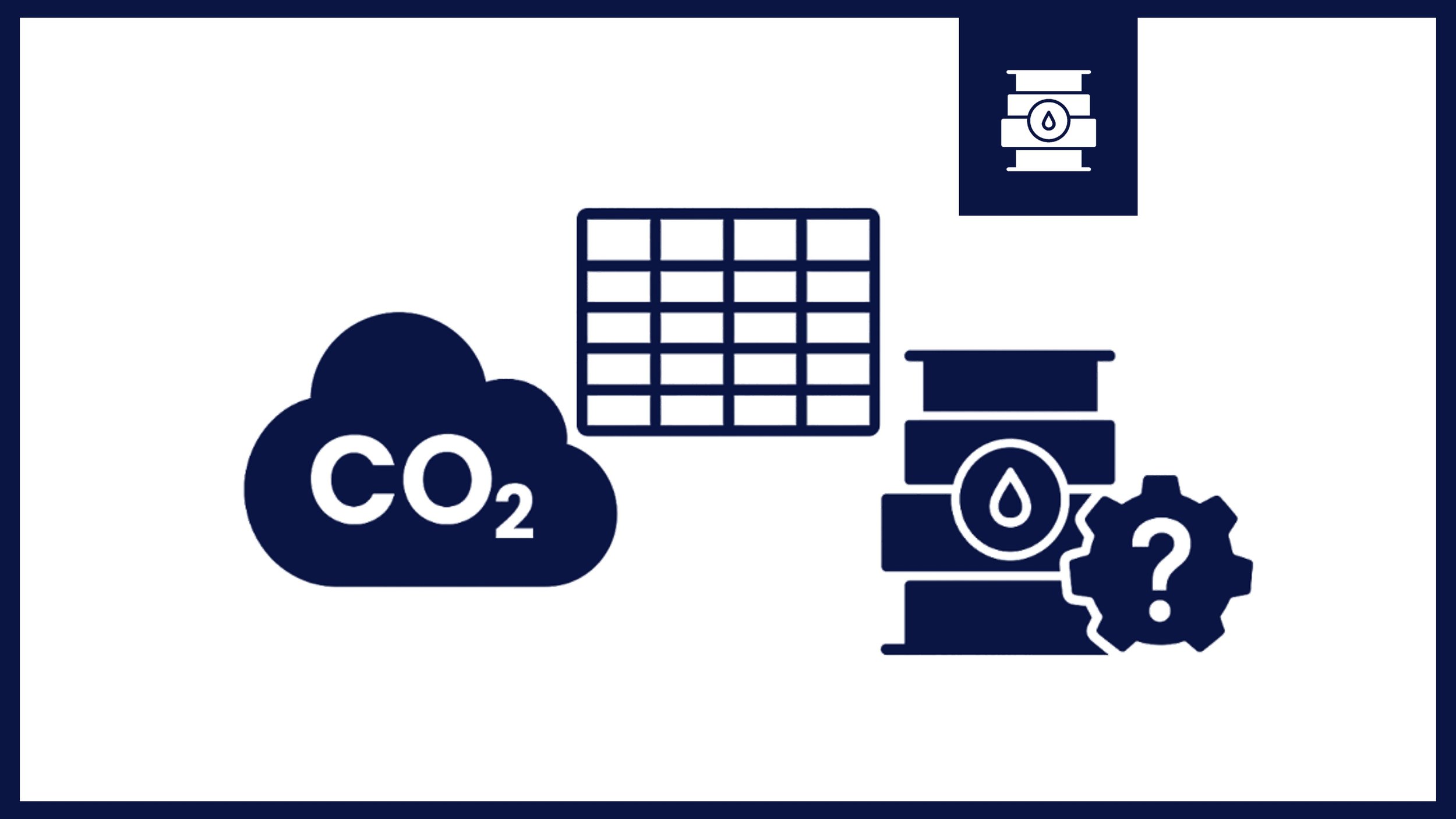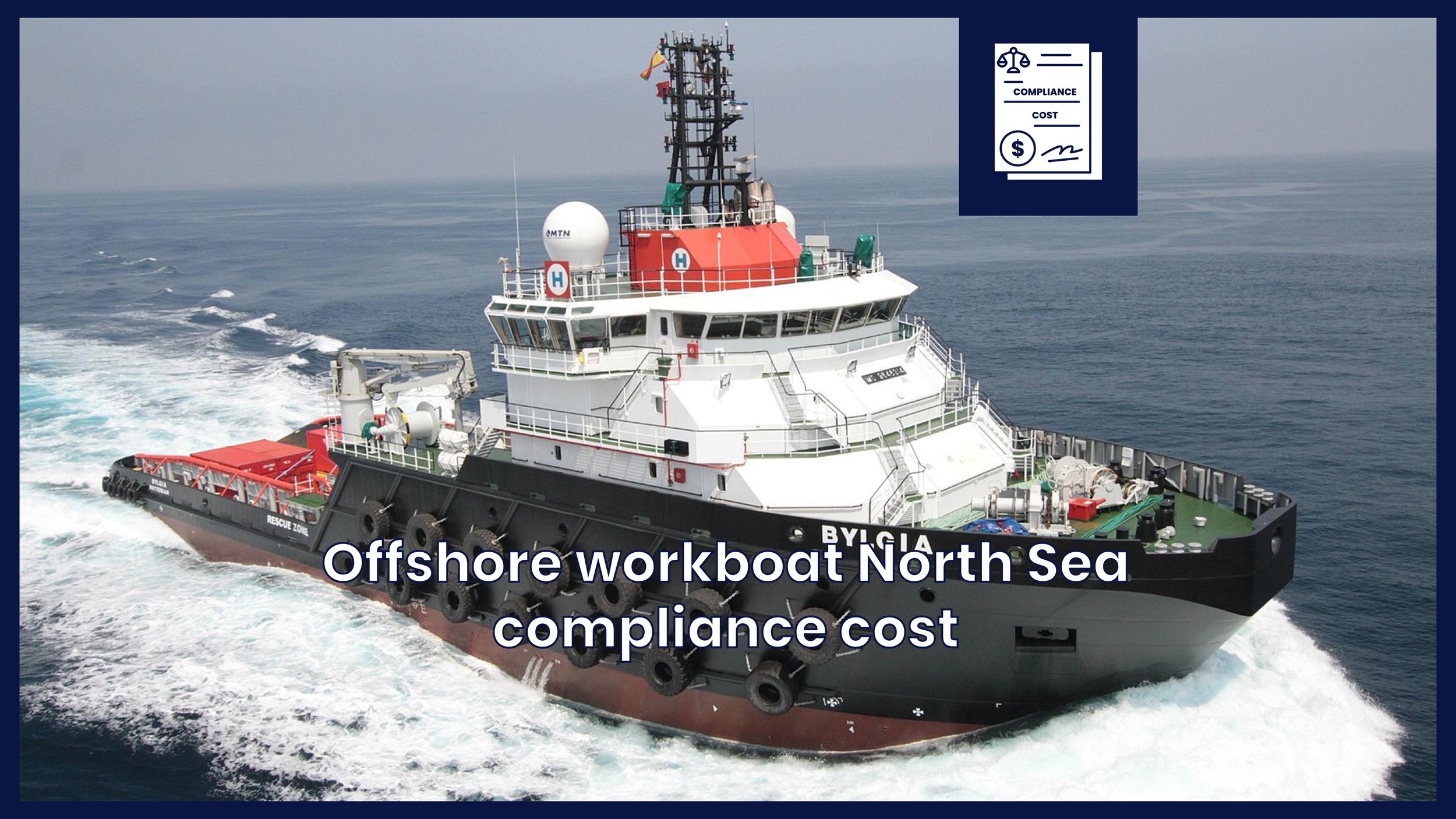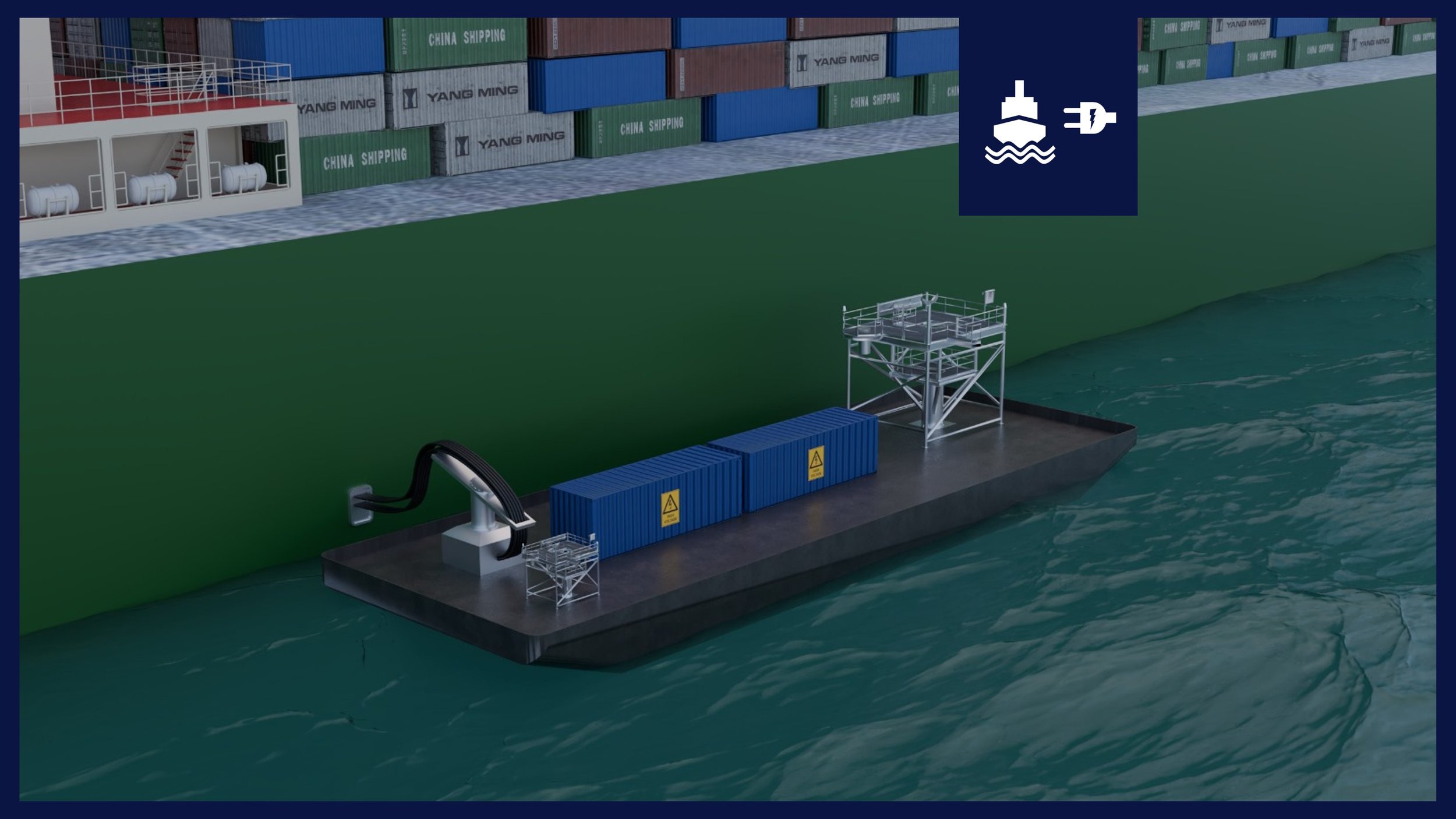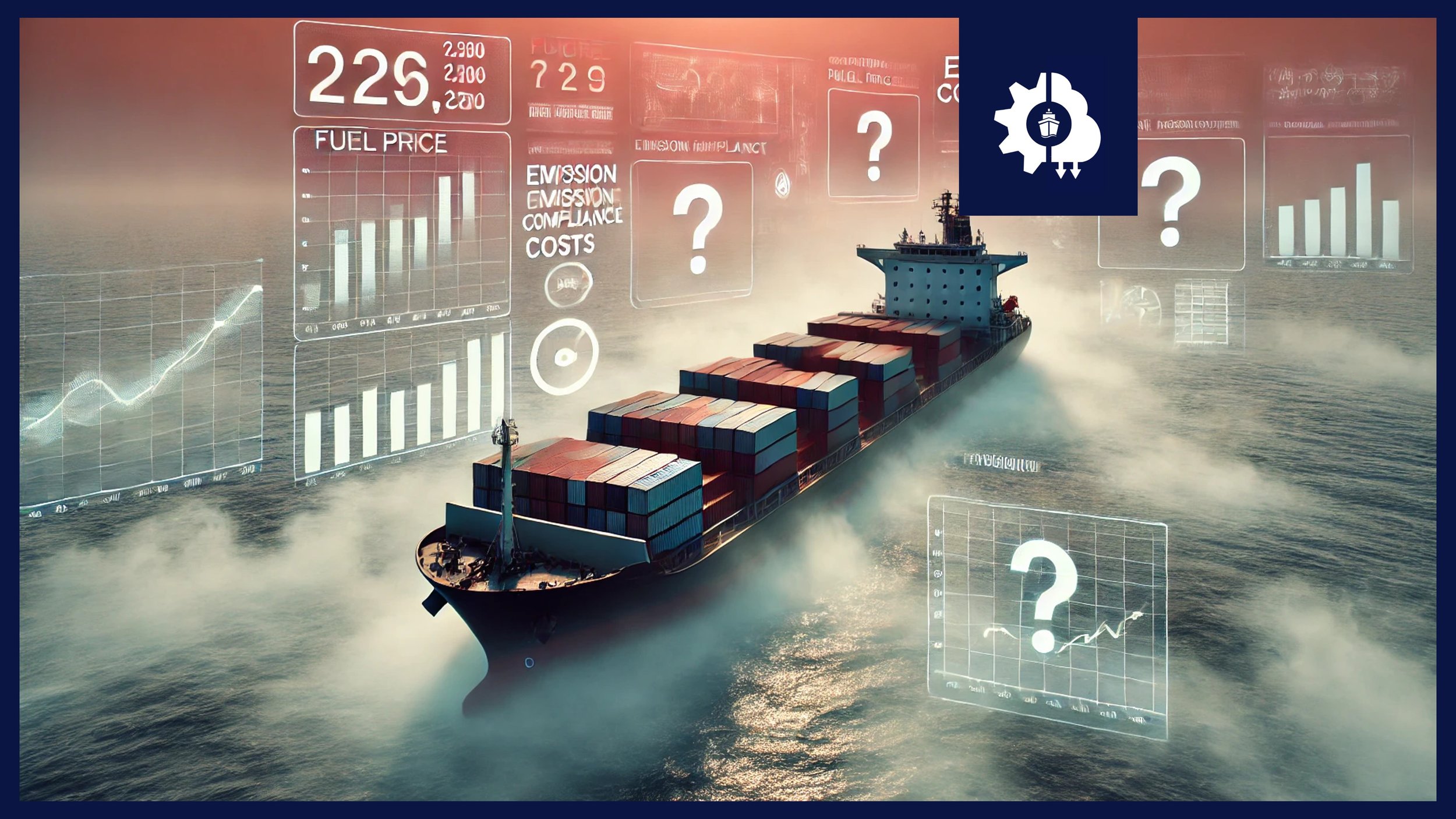CarbonLeap
Carbonleap helps companies translate their Scope 1 and 3 reduction ambitions into actionable strategies, specifically in the transportation sector. They ensure that the impact of these strategies is independently verified and allocated via the CarbonBank, providing their clients with confidence in their sustainability efforts.
CarbonLeap is revolutionising supply chain decarbonisation through carbon insetting. They collaborate with partners to directly reduce emissions at the source, converting these reductions into verifiable “Impact Units” tracked through their digital CarbonBank platform. This approach ensures transparency and avoids double counting, helping businesses meet regulatory and environmental goals more effectively.
Joining forces
CarbonLeap and Sustainable Ships are pleased to announce a new partnership aimed at enhancing decarbonization in the maritime industry. This collaboration combines our respective expertise to offer comprehensive solutions for maritime sustainability and carbon reduction.
Additionally, leveraging our combined experience in environmental commodity trading and our network of FuelEU surplus partners, CarbonLeap can help shipping companies avoid high costs and comply with the FuelEU Maritime regulation.
This partnership leverages the strengths of both organizations. Sustainable Ships guides maritime companies through the initial stages of sustainability, identifying appropriate technologies, improving energy efficiency, and adopting greener practices.
CarbonLeap then builds on this foundation, helping companies turn these initiatives into concrete, measurable actions that ensure long-term CO2 reduction across the transport sector, and by ensuring compliance with the FuelEU maritime regulation.
This partnership aims to address challenges by providing a comprehensive approach to maritime sustainability.
You might also like
Shipowners and operators face the challenge of navigating multiple regulatory frameworks - EU ETS, FuelEU Maritime, and IMO Net-Zero - each employing distinct methodologies and emission factors for assessing fuel emissions. This blog provides clear guidance on the differing emission factors and calculation methods employed by each regulatory framework.
Accurate assessment of marine fuel costs is becoming increasingly critical as regulatory pressure grows, especially given the recently announced IMO Net-Zero Framework. This blog uses a VLSFO-equivalent cost model to evaluate the impact of FuelEU Maritime, EU ETS, and IMO Net-Zero regulations on a wide range of fuels. By comparing fossil, bio-based, and synthetic fuels under realistic scenarios, the analysis shows that compliance costs - driven by emissions penalties and carbon pricing - are expected to exceed fuel prices by 2030 for many options.
This Q&A session explores the upcoming IMO Net-Zero Framework, featuring Rajat Bishnoi and Yuvraj Thakur from Normec Verifavia, an accredited verifier supporting shipowners with emissions reporting and regulatory compliance. They explain the new GHG Fuel Intensity and Fuel Standard requirements, compare them to FuelEU Maritime, and discuss penalties, registry systems, and practical implications for shipowners preparing for 2027–2028 enforcement.
Accurate estimation of shore power demand at EU ports has become essential due to strict regulations like AFIR, which requires electrification for 90% of port calls by container and passenger ships at TEN-T ports by 2030. This blog evaluates three methods—using EU MRV fuel data, Sustainable Ships’ ship-specific power database, and ICCT research—to estimate the Total Addressable Market (TAM) for shore power. Results show the total annual electricity demand across EU ports is between approximately 6 and 13 TWh, highlighting the significant scale of infrastructure investment ahead.
This case study explores a 100 kWp solar PV system installed on the hatch covers of a handymax bulk carrier. Operating primarily in Northern Europe, the system offsets auxiliary engine load during idle periods, leading to estimated savings of ~$350,000 between 2025 and 2035. With a CAPEX of $100,000, the payback period is around three years. Most savings come from fuel reduction, with additional benefits from EU ETS and FuelEU compliance. The business case is most sensitive to engine efficiency (SFC) and fuel price.
This case study evaluates a mobile shore power battery barge designed for an offshore construction vessel in the Port of Rotterdam. An average power demand of 2.4 MW and a peak demand of 5 MW is assumed. This results in the requirement of twelve 20-ft containerized batteries integrated into a High Voltage Shore Connection (HVSC) system. Total costs of the power barge are estimated at $9.5M with a yearly revenue of approx. $2.5M.
Operating an offshore workboat in the North Sea area until 2050 will impose significant financial and operational pressure due to tightening environmental regulations and mounting compliance obligations. Modelling of compliance costs shows a clear tipping point in 2040, with FuelEU Maritime becoming the dominant driver, although FuelEU currently applies to vessels above 5,000 GT only. Results for a large offshore workboat operating year-round in the North Sea show that the maximum projected cost exposure could reach up to $250 million between now and 2050.
This case study evaluates a mobile shore power battery barge designed for a 1,730 TEU containership in the Port of Rotterdam. An average power demand of 329 kW and a peak demand of 1 MW is assumed. This results in the requirement of two 20-ft containerized batteries integrated into a Low Voltage Shore Connection (LVSC) system. Estimated savings for the ship reach €500 per 24-hour period, primarily due to reduced FuelEU compliance costs, which could exceed €600,000 over 10 years.
This case study analyzes 10 marine fuels using an HFO-equivalent model to determine their full lifecycle costs, including fuel prices and regulatory compliance costs, from 2025 to 2050. The results highlight a critical tipping point in 2040, driven by the FuelEU Maritime regulation increasing carbon intensity reduction targets sharply from 14.5% to 31%. This blog provides shipowners with guidance on how to navigate these evolving cost scenarios and maintain competitiveness to ensure future-proof investments.
This case study determines the costs of compliance for a 3,000 TEU Panamax containership with respect to FuelEU and EU ETS. Estimated annual compliance costs for business as usual range from $2.5M in 2025 to $23M in 2050. Two different pathways are evaluated to determine mitigation options and OPEX costs: shore power and wind-assisted propulsion. Savings for shore power are approx. $400k per year in 2025, savings for wind-assisted propulsion are approx. $600k in 2025.
This case study calculates and compares EU ETS and FuelEU compliance costs for three major shipping companies: CMA CGM, Hapag-Lloyd and COSCO. From 2025 until 2050, these three companies will pay a total compliance cost of $54B (CMA CGM), $25B (Hapag-Lloyd) and $32B (COSCO).
This case study calculates and compares the compliance costs with regards to EU ETS and FuelEU for VLSFO, bio-methanol and e-ammonia. Results show that the averaged compliance costs for VLSFO between 2025 and 2050 are $966 per mT.
This case study determines the effects of pooling a fully electric small-sized chemical tanker with similar type vessels in the context of FuelEU Maritime. The results show that a single electric ship can include up to 69 ships in its pool in 2025, each ship consuming 2,555 mT MDO per year.
This case study determines the impact of FuelEU Maritime on a shore power refit for a RoRo Cargo ship under multiple loading and operational conditions. Pending on the amount of days connected to the grid and the average load while moored, it is estimated that shore power can save €250,000 per year.
This is a case study that determines the impact of FuelEU Maritime on a shore power refit business case up to 2050, taking several ships and varying input parameters to determine the impact under multiple conditions. As FuelEU Maritime will make shore power mandatory in 2030 for passenger- and containerships, this tool will help to determine the impact of that regulation on your business case.
The FuelEU Maritime pooling mechanism is complex. The FuelEU Pool Tool makes it simple. Use this tool to compare cost impact of FuelEU, EU ETS and the fuel itself when pooling up to ten different ships. Blend different quantities of fuel, change fuel properties and compare the cost outlook until 2050 to make your very own FuelEU pooling strategy.
FuelEU is complex. The FuelEU Case Maker makes it simple. Use this tool to compare cost impact of FuelEU, EU ETS and the fuel itself for up to five different cases. Blend different quantities of fuel, change fuel properties and compare the cost outlook until 2050 to make your very own FuelEU strategy.
Join Poul Woodall as we discuss the challenges of the upcoming Fuel EU regulations. It is one of the most stringent upcoming rules and regulations in terms of emissions for the shipping industry.



















This Q&A session explores the role of book and claim systems in maritime decarbonization, featuring Himanshu Sharma from Vurdhaan, a platform providing independent registries for Scope 3 emission reductions. Himanshu explains how virtual crediting works, why transparency and verification are key, and how book and claim differs from compliance pooling under FuelEU Maritime.